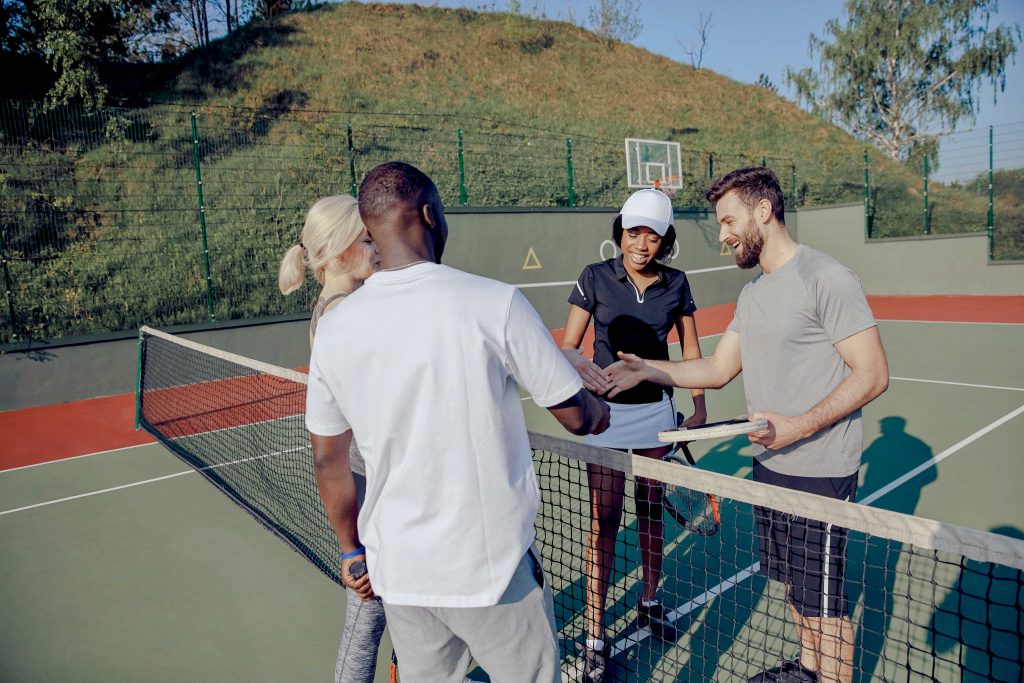If you are progressive, reasonably open-minded like me, and believe in letting people live their own reality, it’s very natural to think of yourself as inclusive.
Before we move on with this blog, let me clarify what I mean by being inclusive. – In short, it’s countless small things you can do to make someone feel included. How you act, how you speak, how you conduct yourself without letting any subconscious biases affect your decisions. Inclusivity is something that can’t be analysed or measured. It’s something that has to be ingrained in us.
However, you’d be surprised how often our mindset, subconscious biases, comments, or actions can affect and exclude someone. We’ve all done it differentiated amongst two equally deserving candidates based on their age or gender. I’ve seen exclusion happen due to language. Sometimes I’ve been guilty of that as well. So how do we ensure that if we believe in inclusivity, we are actually inclusive?
- Challenging unconscious bias. – Yes, that’s the number one. Sometimes our experiences, more often than not, our beliefs and views about other people unconsciously affect our decisions. It could be discriminating based on age, gender, sexuality, race or religion. The biases could fall into concerning – someone who is older is auto assumed not to be good with technology. To strong ones – like reacting ( grimacing, cringing, avoiding, calling names… ) towards a specific minority community.
- Being open-minded – Coming from a thought process of ‘I’m okay, you’re okay.’ Open-mindedness is the willingness to believe everyone is giving their best and not actively searching for evidence that strengthens a preconceived notion. To be curious and accepting of other points of view and the ability to deal with someone challenging your own. E.g. Automatically assuming if a Man is sensitive and takes time to groom, he must be homosexual.
- Actively listen – More often than not, when we have a conversation, we listen with the intention of responding. Listening, really hearing what the other person is saying, is often the best gift you can give someone. When you listen without interruption or talking over them or following up with an anecdote of your own, you can make the other person feel included and be a part of your team. E.g. as a community, LGBTQ people face higher rates of poverty, stigma, and marginalisation, which puts them at a greater risk for sexual assault. If someone is talking about an incidence that has affected them deeply, not immediately jumping in with your story or saying not everyone is like that.
- Using the right way to address – Addressing someone in a way they preferred to be addressed goes a long way in showing respect, avoiding cliches and assumptions wherever possible, and using more inclusive language when talking to a group. For example – Trans like to call themselves (She/her) and some like to have no gender associated with themselves.
- Using your voice – Each one change one. There are years and years of prejudices and biases that we need to fight. Being inclusive by yourself is definitely not enough. Remember, if you are not speaking up, you are abiding. Use your digital mediums to educate people about their biases. If you work with someone who is often excluded, stand up for them.
- Recognise your privileges – A privilege is defined as “a right, license, or exemption from duty or liability granted as a special benefit, advantage, or favour” [1]. They are determined by social, cultural and sometimes political constructs. These constructs have a basis on prejudices, but have solidified through time and are laid on us as soon as we begin our time in society. Every organisation, class or structure, follows cliques sometimes consciously, sometimes unconscious, and if you are somewhere on it ( Good looking, successful, uber-rich, educated, heterosexual,…?), you are privileged. Recognise it and understand that others might not have had the same journey.
It is not always easy to unlearn one’s own biases and change behaviours. It is even more difficult to call people out on theirs’s especially when their disrespect is guiled as humour. Questioning them or speaking up can make you the subject of their ridicule. But imagine, if a simple thought of going against the tide is making you sweat, this is someone’s reality every day.
[1] (“Diversity and Social Justice — A glossary of working definitions”).

